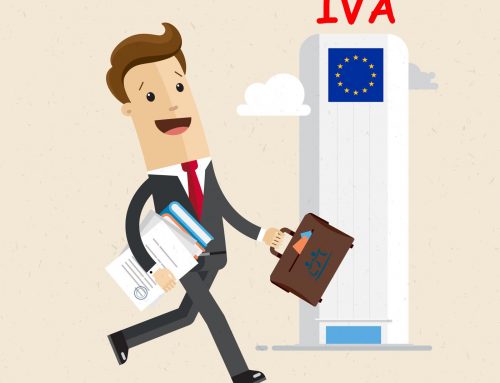The Bank of Spain informally, ie without issuing a written order or a circular, has informed banks in this sense.
The reality of negative Euribor has generated in recent times great excitement among those citizens who have mortgages and that based on the proposition that if the interest is negative, The banks should be paying the customers.
The Bank of Spain however states that the very nature of the mortgage prevents the creditor, ie the bank that lends the money, from becaming the debtor as credit only generates obligations to the borrower (client).
Also, the “non return” is based on the fact that when a mortgage loan is requested, the bank requires interest for the risk assumed that the mortgagee stops paying dues (default) and it is clear that this risk does not disappear because the Euribor is negative.
Finally, it is argued that the apparent intention of the parties in a mortgage loan is that banks lend money and the customer agrees to return it, as well as periodic interest previously agreed.
At present the case of repayment has only been raised in exceptional cases of mortgages indexed to a different currency than the euro and linked to another interest rate different from the Euribor, which were marketed by Barclays; this entity has solved the problem unilaterally applying a 0% interest instead of applying the corresponding negative type, which has come to be called “zero clause”.
In fact, banks try to gradually introduce in mortgage lending a variable rate this clause “zero” as a safeguard for the customer not charging interest if the benchmark plus differential their mortgage is negative. In short, banks consider that market circumstances have changed and should specify the terms.








Leave A Comment